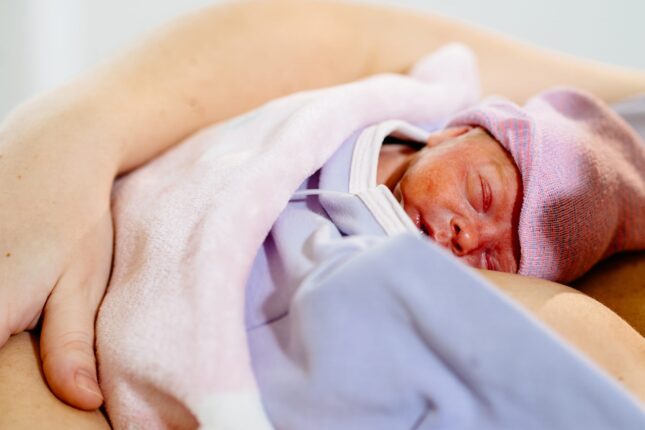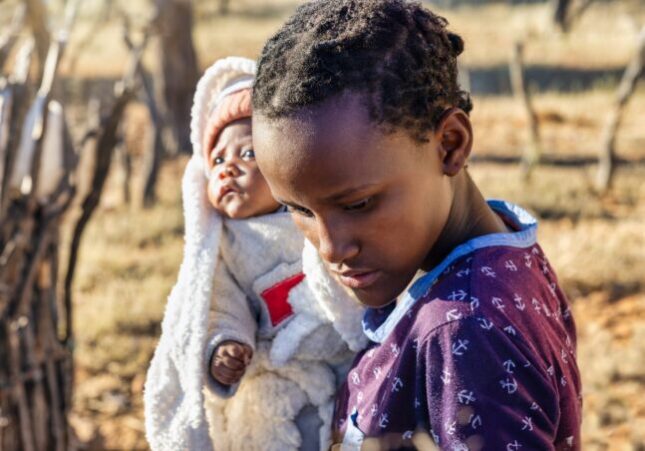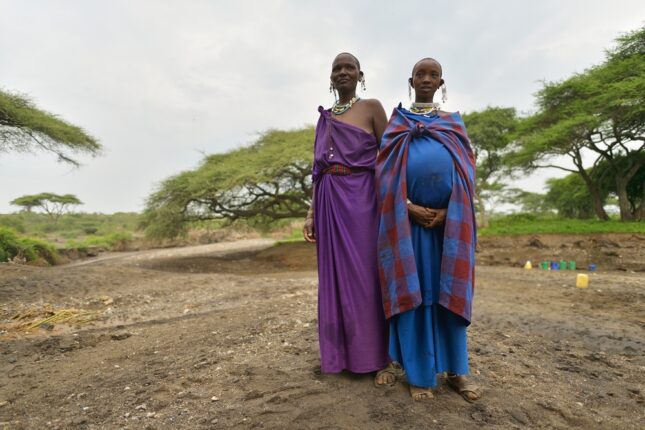Consolata Chikoti
Consolata Chikoti is an intern with the Maternal Health Initiative and a recent graduate of Georgetown University’s O’Neill Institute for National and Global Health Law. As a global health lawyer, she is dedicated to advancing global health, sexual and reproductive health, and human rights. Consolata has conducted significant research examining the impact of child marriage on adolescent maternal mortality, highlighting the importance of legal reforms in improving maternal health outcomes for adolescent girls.
-
Kangaroo Mother Care: A Critical Role in Welcoming the Tiniest Lives
›
“When babies are born early, they actually are not prepared to be in an environment that’s below [the temperature] of the human body, and they have to start pulling calories to be able to keep their body temperature at 37 degrees Celsius,” said Dr. Ann Hansen, a neonatologist at the Neonatal Intensive Care Unit at Boston Children’s Hospital and Founder of the Global Newborn Solution during a recent event held in commemoration of World Prematurity Day. “To keep them in what we call a thermal neutral environment, they need to have an external heat source.”
-
Essential and Overdue: Quality Care for Adolescent Mothers and First-Time Parents
›
Maternal health among adolescents in low- and middle-income countries (LMICs) remains a largely unexplored and frequently neglected area within the public health field. Adolescent birth rates remain disproportionately high in LMICs, accounting for approximately 97% of all adolescent births globally. The prevalence of child marriage, poverty, gender-based violence, and limited access to and utilization of contraceptive methods all contribute to this startling statistic.
-
Afro-Descendant Women and Girls Deserve Culturally Relevant Healthcare and Better Data
›
A recent study from the United Nations Population Fund (UNFPA) and its partners found that women and girls of African descent living in the Americas are up to three times more likely to die from preventable maternal death causes. So it is no surprise that UNFPA’s Executive Director of Programs, Diene Keita, is calling attention to this challenge.






